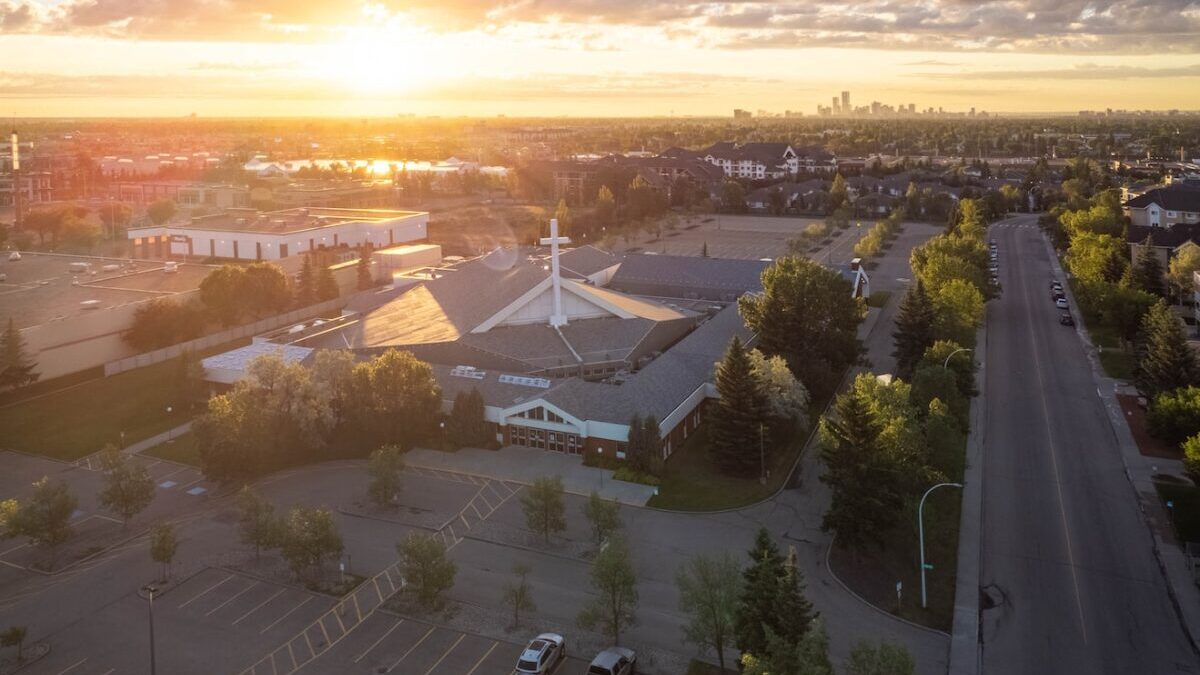A recent article I read said “religion in the lives of Americans is on the decline.” That’s news?
Anyone paying even slight attention to churches, religious institutions and religious expressions in public life knows this is true. The decline in religious affiliation among Americans is real — and many Christians are determined to do something about it.
But the problem of declining religiosity is compounded by the solutions some pursue. The most prevalent is doubling down on electing the right candidates who will ensure protection for Christian values and perhaps even mandate Christian convictions. That’s a last-gasp strategy for a dying movement.
Seeking authenticity
If this is our best answer, we are saying the gospel lacks the power to transform people and the church lacks the capacity to sway culture.
Another possible solution is adjusting doctrinal foundations or lessening the ethical demands of being a Christian, including being a church member. This presupposes the problem is an out-of-touch message, bad marketing or poor public relations — by putting on a better face, we will attract more people to our movement.
While this may produce a short-term surge in interest, it attempts to build on a compromised foundation. Eventually it will collapse as surely as political solutions.
What is the answer to declining religious engagement by Americans? Share an authentic gospel and build genuine Christian churches!
True Christianity that exalts Jesus, calls people to humbly serve others in His name, eschews secular power, emphasizes love, practices justice and makes a tangible difference in communities is eternally appealing. Participation by Christians like this in churches like these is not declining.
This was shown by another interesting fact in the national survey about the decline of religious engagement: Christians are very positive about the future of their particular church.
While they may see other churches and religion declining, they feel positive about their own congregation, despite what national trends indicate.
For many, the church is an island of sanity in the midst of so much cultural chaos. In their church they find transparent people trying to live out their faith in community. Their leaders are not social media stars, but humble pastors who serve them and help them serve God. Their fellow believers are encouraging companions, not critical detractors.
Real Christianity
This supports my overall thesis: real Christianity is not going out of style.
Surveys showing the decline of religiosity really reveal Americans are rejecting cultural Christianity — not the real thing. They have had enough form without substance. They see through the charade and hypocrisy of human-generated religious institutions. They are looking for authentic Christianity — and when they find it they are more than willing to commit themselves to being Christians and participating in a healthy church.
Our task as Christians in America today is to share the gospel, live the gospel and depend on the gospel to change people, create churches and transform culture in healthy ways.
Let’s stop whining about the loss of cultural Christianity and live the real thing in counter-cultural ways. Nothing is more needed — or more attractive — to people looking for something to fill the God-sized vacuum in their hearts.
EDITOR’S NOTE — This story was written by Jeff Iorg, Gateway Seminary president, and originally published by the Gateway.








